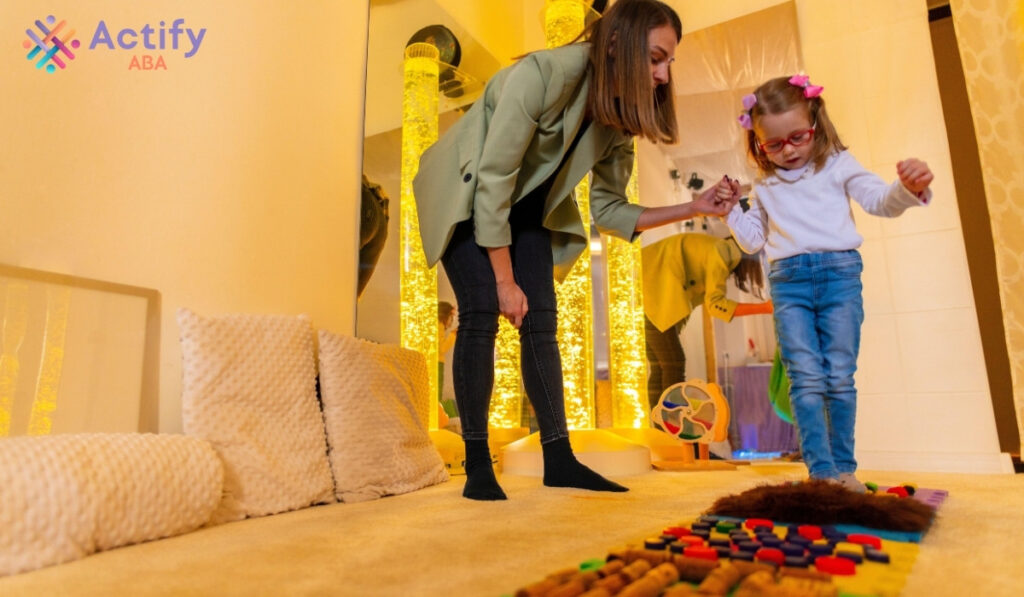
In today’s fast-paced academic environments, students face more than just heavy coursework. Many — especially neurodivergent students — navigate sensory overload from loud, crowded, and overstimulating study environments. Places designed for productivity, like university libraries, can ironically become sources of anxiety and distraction.
Between harsh fluorescent lights, unpredictable noise levels, and the pressure of shared spaces, students with sensory sensitivities often find themselves at a disadvantage. For students with autism or sensory processing disorders, these environments can be overwhelming to the point of exhaustion. It’s not just an inconvenience — it’s a barrier to success.

Sensory Rooms: A Smart, Supportive Solution
To address this issue, some forward-thinking schools have begun installing sensory rooms in their libraries and student centers. These rooms are quiet, low-stimulation spaces equipped with features like soft lighting, noise-reducing headphones, comfortable seating, and calming visual aids. The purpose? To give students the environment they need to reset, refocus, and continue their studies without being overwhelmed.
Research and real-world use cases — like the sensory rooms at Penn State — show promising outcomes. These spaces aren’t only beneficial for neurodivergent students; they help anyone struggling with stress or burnout. Still, students who experience sensory overload should be given priority access, ensuring equity in the use of these resources.
A Win for Mental Health and Academic Performance
Universities are grappling with rising rates of student anxiety, depression, and burnout. Counseling centers often can’t keep up with demand, leaving many students waiting weeks for support. Sensory rooms won’t replace therapy, but they can serve as an essential early intervention. They provide a calming environment that helps students manage their mental load before it becomes unmanageable.
This is particularly true for neurodivergent students, who often need more structured and supportive environments. By making small adjustments — like offering sensory-friendly spaces — universities can reduce student stress and improve overall academic outcomes.
Supporting Neurodivergent Students Beyond Campus
At Actify ABA, we know how important it is to create environments where neurodivergent individuals can thrive. Our team of ABA therapists in Maryland works every day to help individuals with autism reach their fullest potential — both in academics and everyday life.
We understand that support needs to extend beyond clinical sessions. That’s why we advocate for changes in schools, communities, and even universities. Sensory rooms are just one example of how physical space can be transformed to reduce anxiety and promote focus, especially for those with autism or sensory processing challenges.
Ready to Support Your Loved One’s Success?
Get in touch today to learn how our ABA therapy/autism services in Maryland can support your child or loved one’s growth. Our team tailors every plan to meet the unique needs of each client and family. We’re here to help build routines, reduce stress, and foster long-term success — both at home and in the community.
